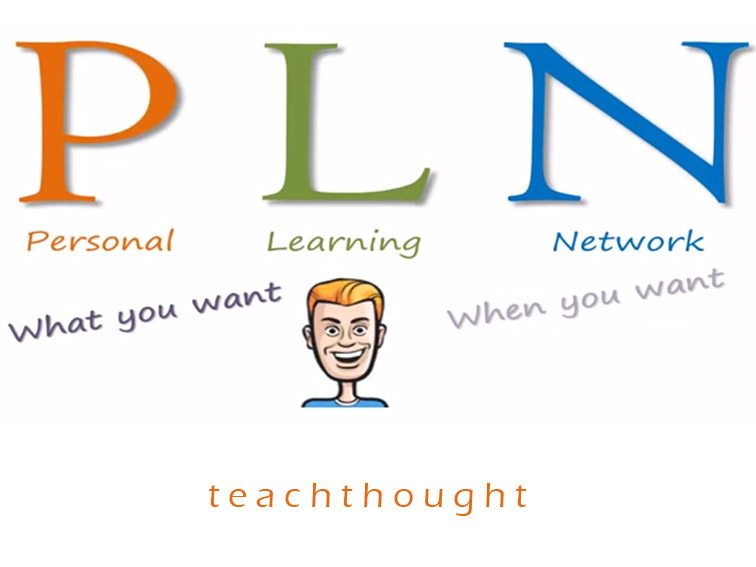
What does it mean to the network using social media?
Networking is a group of people who exchange information and contacts for professional or social purposes. (Oxford Dictionaries, 2016). Networking through social media helps you find information, and learn knowledge more easily. Networking helps you increase the number of people you know and who you do not know, they will give you advice, what is a particular job or career involves daily work, and how to develop a career in the long term, you may visit a workplace. You may be in touch with some opportunities from the networking.
How are we motivated to participate in networked publics?
People will be motivated when they find someone with the same interest and help them solve the problem, you can use both strong and weak connections to find answers, For example, you may choose strong, weak, and very weak ties from the networking, strong tiles allow for active collaboration on knowledge creation, whereas weak ties are sources for new information, knowledge, and ideas(Bell, 2010; Gargiulo and Benassi, 2000; Jones, 2008; Jones, et al., 2008; Ryberg and Larsen, 2008; Wenger, 1998). Both ways you can choose it depending on your own needs.
What are the risks & rewards of public communications?
The reward of public communications brings us collaboration and learning new ideas, new knowledge, we can get support from other people. Public communications created personal networking supporting the individual’s growth and learning.
But, there always comes rick when we use public communications. For example, we are losing control of our privacy since our data is increasingly networked, a friend can post a photo of you with them without your permission. On the other hand, some companies will collect user data for selling, because some of us did even know it occurring. The rate of Internet fraud has also increased because it is easier for criminals to trick their victims online with lies or counterfeit goods.
What is Digital Identity?
“A digital identity is information on an entity used by the computer system to represent an external agent. “(Wikipedia) In other words, digital identity represented what you do online, you can be post photos, videos, blogs. All of these will show other people who are you, and what you like, it makes people know you easily. “Digitial identity it’s sort of your footprint on the web it’s this thing that is with you that is searchable your body of work your portfolio your blog, everything that you do on the web kind represents your digital identity.”(Stoller, 2016).
The digital identity had become widely available to households in life, it has become a tool that we use, for example, a vaccine passport is a kind of digital identity, it collects our data from the internet, and save it in QR code, it shows us have proof of vaccination test results if you want to attend concerts, baseball games, and other events. Digital identity makes life more convenient.
How do personal versus professional approaches to digital identity affect social media use?
Digital identity has been around our life, but people still have mixed views on whether it is a positive or negative influence on society. I take the view that personal digital identity can benefit your personal and professional. Since many employers not only focus on professional skills, they also want to know employees’ hobbies and passions in their personal life.
Personal and professional accounts are not isolated, it is an inescapable fact that employers, coworkers, and others can access and view the posts of your personal social media account, “avoid extremist views or personal pictures that may portray you in an unprofessional light, including vacation photos in skimpy clothing or news items that express an extremist viewpoint.”(MANAGING PERSONAL VS. PROFESSIONAL IDENTITY ON SOCIAL MEDIA).
How do digital identities converge in networked publics – what are the impacts and/or benefits?
Developments in technology have led to dramatic changes to the types of relationships that people make. Easy access to Internet services means that geographical distance is no longer a barrier to building relationships with people far away.
People will be open two accounts on the same social media site, but when personal identities and professional identities overlap, we need to be weighed the pros and cons, we can share the photo, interest video, movies, or song, it shows that we are a well-rounded person who not only works hard but also has a varied social life. Since first impressions are most lasting, we also need to avoid express an extremist viewpoint, it can help us building relationships with more people.
Reference:
https://www.futurelearn.com/info/courses/learning-network-age/0/steps/24644
https://firstmonday.org/ojs/index.php/fm/article/view/3559/3131
https://www.open.edu/openlearn/ocw/mod/oucontent/view.php?id=64021§ion=1.1
BLOG FEEDBACK: